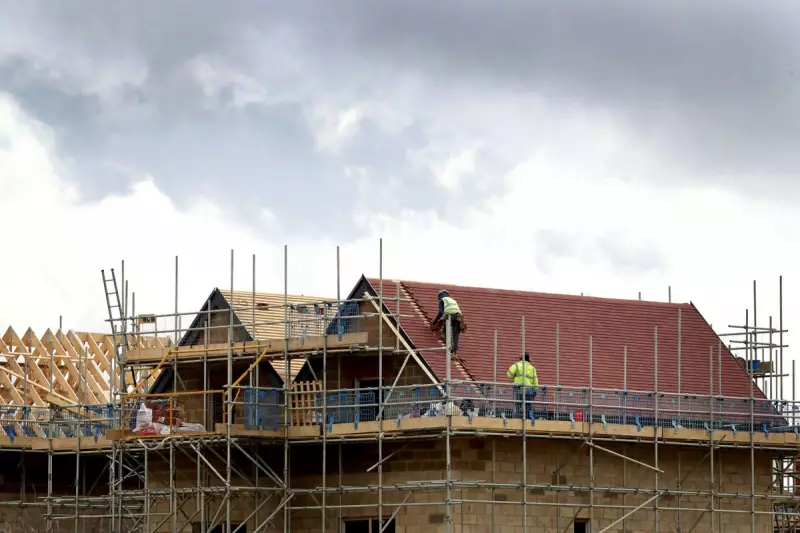
The UK government has revealed an ambitious plan to open 20 new technical colleges across England, targeting the growing skills gap in the construction sector. This initiative forms part of a broader strategy to strengthen vocational education and meet the demands of the building industry.
Addressing the Skills Crisis
With the construction industry facing a severe shortage of skilled workers, these new institutions will focus on delivering high-quality training in trades such as bricklaying, carpentry, and plumbing. The move comes as industry leaders warn that the current workforce cannot meet housing and infrastructure targets.
Strategic Locations
The colleges will be strategically located in areas with the greatest need for construction workers, including:
- Major cities with housing shortages
- Regions with significant infrastructure projects
- Areas currently experiencing skills gaps
Government Commitment to Vocational Training
Education Secretary Gillian Keegan stated: "These new technical colleges represent our commitment to creating clear pathways into well-paid construction careers. We're giving young people the skills our economy needs while addressing critical shortages in the building sector."
The initiative builds on the successful model of existing technical colleges, which have demonstrated strong employment outcomes for graduates. Industry partners will collaborate closely with the new institutions to ensure training aligns with current workplace requirements.
Industry Response
Construction industry leaders have welcomed the announcement, with many highlighting the urgent need for skilled tradespeople. The Federation of Master Builders noted that over 40% of small construction firms struggle to recruit bricklayers and carpenters.
The first wave of colleges is expected to open in 2025, with full implementation across all 20 sites by 2027. The government has committed £150 million to establish the network, with additional funding from local enterprise partnerships and industry contributors.





